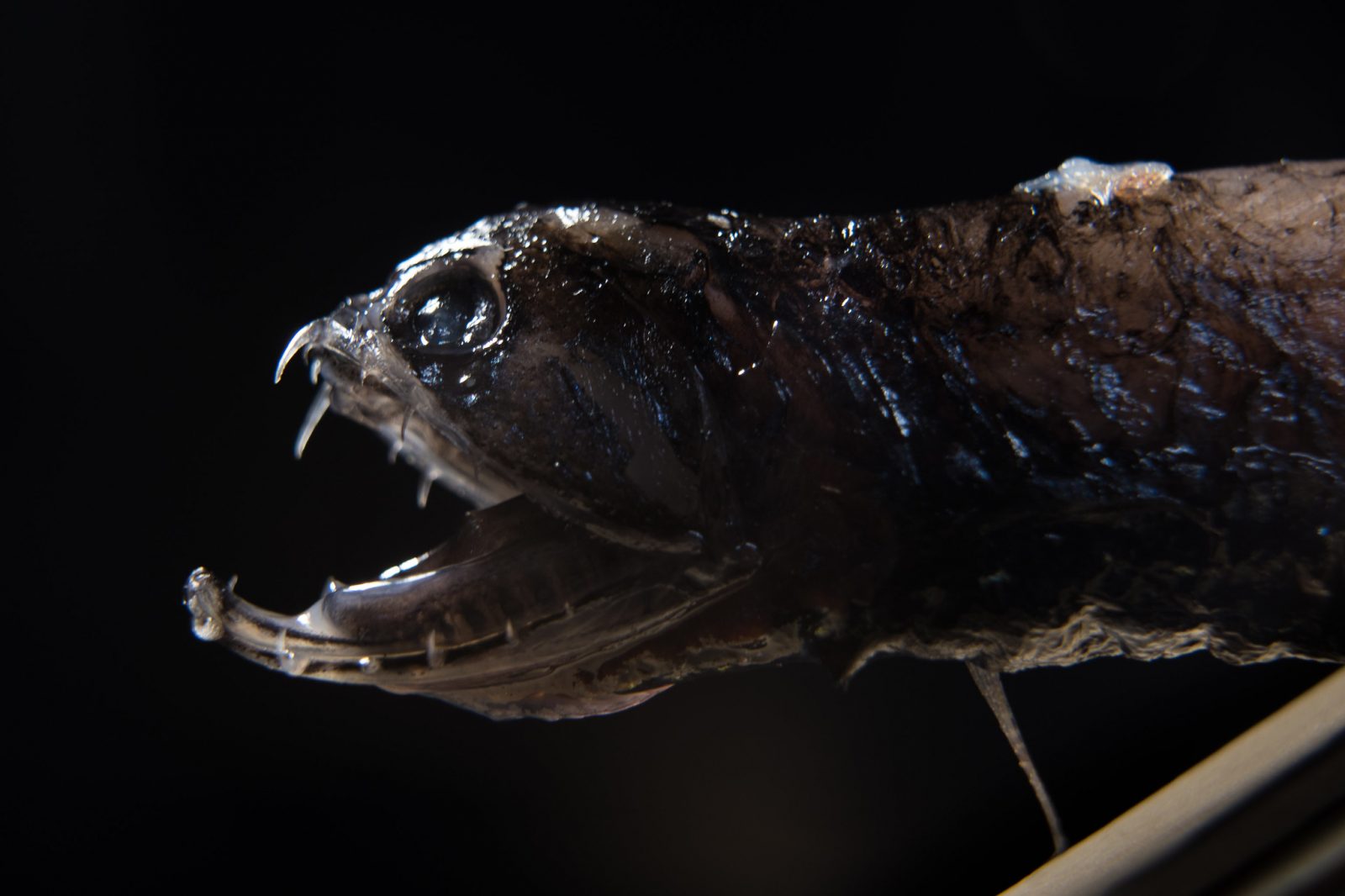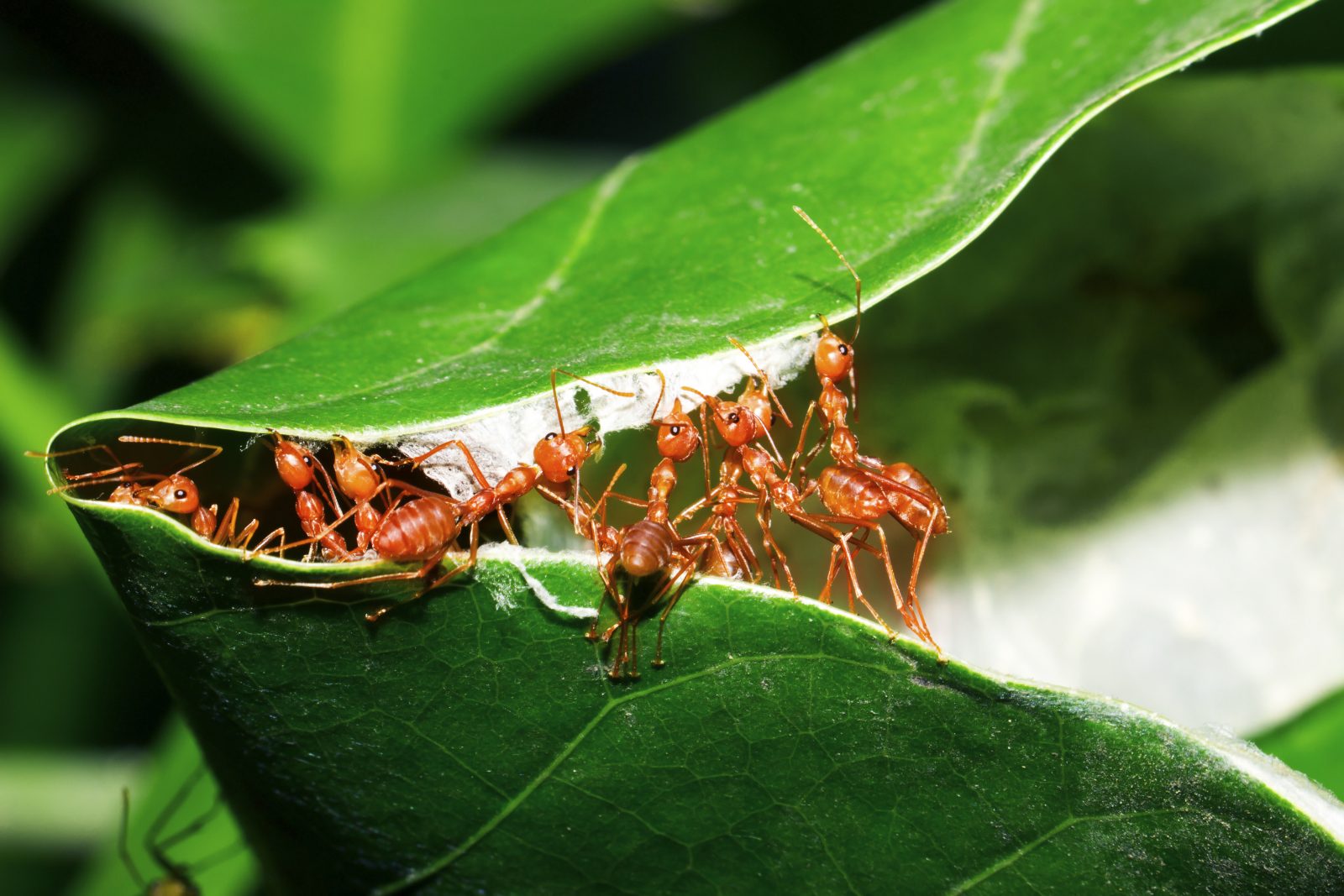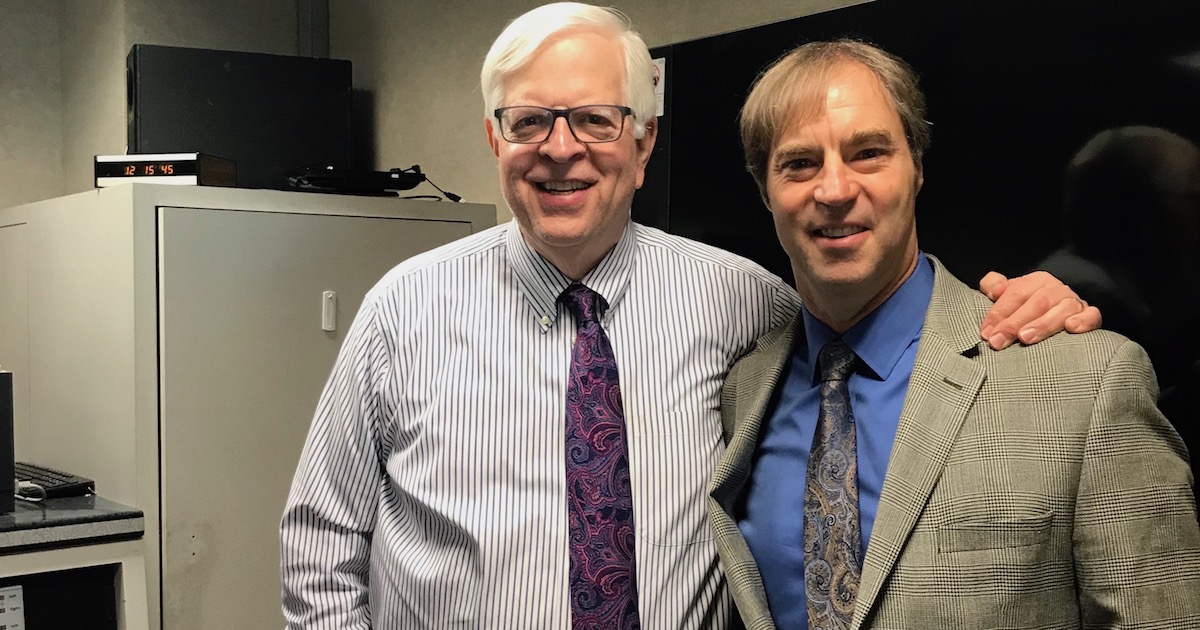
Casey Luskin and Adam Shapiro Debate Intelligent Design, Pt. 2
This ID the Future continues the debate between design theorist Casey Luskin, an editor of The Comprehensive Guide to Science and Faith, and science historian Adam Shapiro, co-author of Science and Religion: A Very Short Introduction. Justin Brierley, of the popular British debate program Unbelievable?, hosts. In this second half of the conversation, Shapiro argues that intelligent design’s popularity seems to have waned. Casey Luskin counters, arguing that the number and frequency of New York Times articles on ID is a superficial metric and that the ID research program is exploding, with the number of peer-reviewed ID papers growing every year, and the number of interested graduate students, ID hubs, and conferences expanding around the world, including ID conferences attended by high-level scientists, including Read More ›







